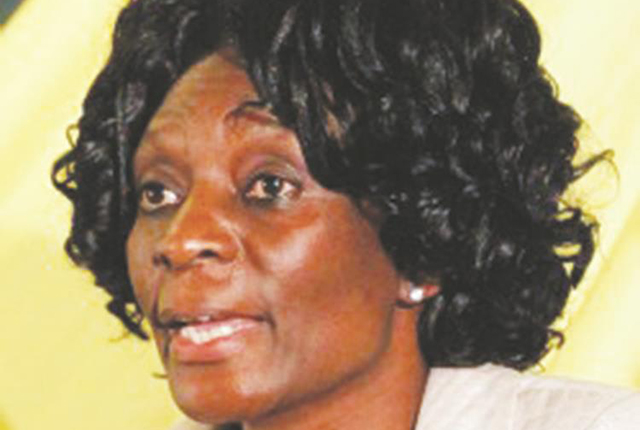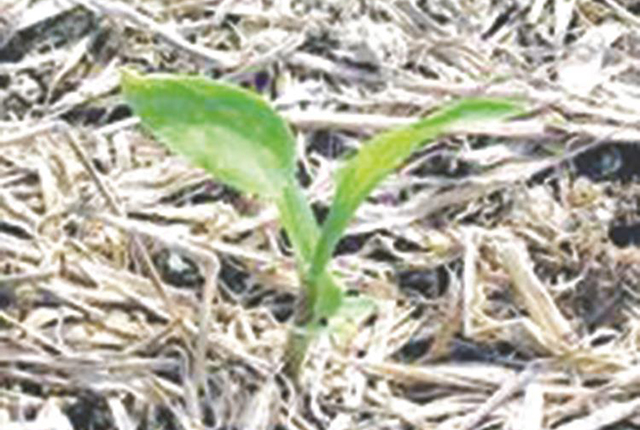No ghost voters in 2018: ZEC

Felex Share and Julia Mugadzaweta—
The new biometric voters’ roll for the 2018 harmonised elections will not contain the so-called ghost voters while Zimbabweans in the Diaspora will have to physically avail themselves in Zimbabwe for voter registration and voting, the Zimbabwe Electoral Commission has said.The electoral body said it was only impossible to immediately remove the few people who may die between registration and voting day.
Speaking during an engagement between the media and the electoral body on Tuesday, Zec chairperson Justice Rita Makarau said the so-called ghost voters would be eliminated by the new voters’ roll which captures a person’s biometrics such as face and fingerprints.
Biometry is a process by which a person’s unique physical and other traits are detected and recorded by an electronic device as a means of confirming identity.
“Because we are capturing people’s biometrics, the dead will not be on the voters’ roll because they won’t be able to present their biometrics,” Justice Makarau said.
“Only the living with fingerprints and their faces will be able to present themselves. To that extent, our voters’ roll is going to be very accurate. The biometric voter registration kits are coming with a software that detects multiple or double registrations. Your face and fingerprints would help us to weed out all those who try to register twice.”
Justice Makarau went on: “Because human beings are prone to die anytime, some of those registered may die before voting day and we may have a few of those remaining on the voters’ roll. Do not come to us and say so and so died two days ago and is still on the voters’ roll.”
The biometric voters’ roll would be polling station based, meaning that the name of a voter will only appear at a particular polling station.
Justice Makarau allayed fears that capturing a person’s biometrics would intimidate the voter saying biometric voter registration was “a voter registration technology which had nothing to do with what will happen on the voting day.”
On Diaspora votes, Justice Makarau said Zimbabwean citizens in the Diaspora would only be allowed to vote if the Electoral Act was aligned to the Constitution.
“People in the Diaspora will be able to vote as long as they come back to Zimbabwe on voting day and can vote from their wards,” she said.
“People in the Diaspora, like any other Zimbabwean, once they are registered to vote, they are free to come back and be able to cast their ballots at their polling station which is designated in their ward. There is nothing that stops people in the Diaspora from voting as long as they come back.”
Justice Makarau added: “Whether we will be able to make them vote in the Diaspora, quite a few things must happen and one of them is that the Electoral Act must be aligned to the Constitution and provide the mechanism through which the Diaspora vote will be administered. It will either entail, like other countries do, that we go and set up polling stations wherever our people are. It would also mean having to find out how many of our people are in each country, how many polling stations we need in each country or it would mean turning our embassies into polling stations. All those can only happen once our laws are clear about that but at the moment we don’t have a law providing for that mechanism. So until there is that legal framework governing the Diaspora vote, people in the Diaspora will not be able to vote from where they currently reside in unless if they come to Zimbabwe.”
Justice Makarau said those living outside the country should also avail themselves to register as voters because biometric voter registration exercise required their pictures and fingerprints.
She said ZEC was still to secure the $50 million required for the new voter registration exercise.
“We do believe that the money will definitely be found,” she said.
“This is a national exercise supported by cooperating partners. Elections have to happen and they have to happen using a new voters’ roll.”
Meanwhile, ZEC yesterday met various cooperating partners and launched its strategic plan for 2016-2020.
Said Justice Makarau: “We called them to share with them where we are in terms of preparing for the 2018 elections and what the challenges are. We highlighted some of the key result areas hoping that some will find interest in funding. The strategic plan is to ensure we conduct free, fair and credible polls. It is going to assist us to build capacity, mobilise funds and come up with a voter education strategy.”u










Comments